Year published :2006
Pages :214 pp.
Size :14.5x21 cm.
Rights :Southeast Asia
ISBN: 9789749511176
Song & Silence: Ethnic Revival on China's Southwest Borders
by Sara L. M. DavisIn the sunny, subtropical Sipsongpanna region, Tai Lües perform flirtatious, exoticized dances for an increasingly growing tourist trade. Endorsed by Chinese officials, who view the Tai Lües as a “model minority,” these staged performances are part of a carefully sanctioned ethnic policy. However, behind the scenes and away from the eyes and ears of tourists and the Chinese government, a different kind of cultural resurgence is taking place.
In this vivid and beautifully told ethnography, Sara L. M. Davis reveals how Tai Lües are reviving and reinventing their culture in ways that contest the official state version. Carefully avoiding government repression, Tai Lües have rebuilt Buddhist temples and made them into vital centers for the Tai community to gather, discuss their future, and express discontent. Davis also describes the resurgence of the Tai language evident in a renewed interest in epic storytelling and traditional songs as well as the popularity of Tai pop music and computer publishing projects. Throughout her work, Davis weaves together the voices of monks, singers, and activists to examine issues of cultural authenticity, the status of ethnic minorities in China, and the growing cross-border contacts among Tai Lües in China, Thailand, Burma, and Laos.
What others are saying
“Song and Silence is a delightful and surprising book, at once playful, scholarly, and lyrical.”—Jonathan D. Spence, Yale University
“Song and Silence is a fascinating glimpse at a very interesting part of China. Davis presents a well-researched and lucidly written examination of the complex interplay between Han Chinese and Beijing and the increasingly vulnerable minority communities in the Himalayan foothills of Southern Yunnan.”—Orville Schell, University of California, Berkeley
“An exemplary study of cross-border culture, Davis’s original and deeply probing account of state-sponsored musical culture and of the musical practices that both transcend and subvert it deserves, like the music it depicts, to travel widely.”—James C. Scott, Yale University
About the Author
is a researcher in the Asia Division of Human Rights Watch.


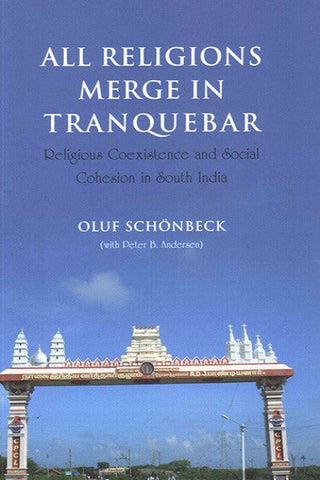
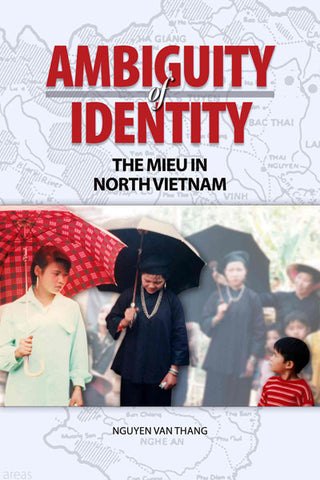

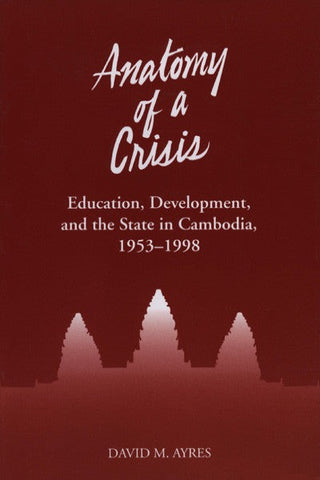
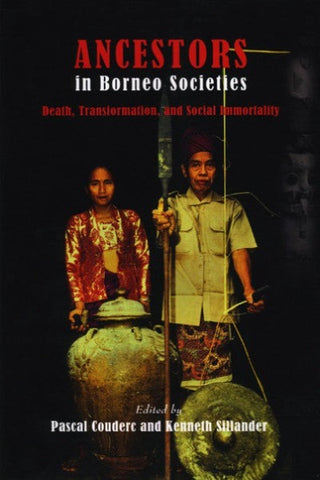
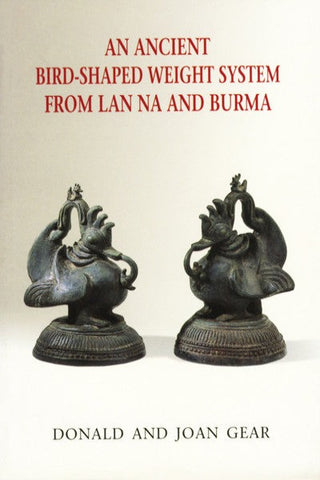
Share this item: